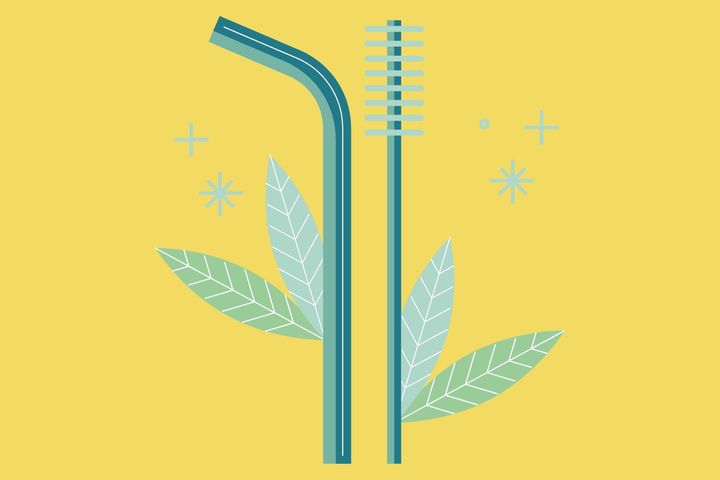Do dishwasher tablets contain microplastics?
What are microplastics and did they make their way into your dishwasher tablets?

You might be surprised to learn that your dishwasher tablet could be harming the environment.
In recent years, there has been an increase in public awareness of the problem of microplastics in the world's oceans.
Microplastics are tiny pieces of plastic that are often invisible to the naked eye.
They can come from a variety of sources, including the exfoliants found in some facial scrubs and even those little plastic beads in your laundry detergent.
It turns out that dishwasher tablets may also contain microplastics.
To find plastic-free dishwasher tablets that work best for you check out our article 👉 Top 7 Best Plastic-Free Dishwasher Tablets - Leave No Trace Behind!
What Are Microplastics?
Microplastics are pieces of plastic that measure less than 5 millimeters in length.
They come from a variety of sources and can eventually make their way into our waterways and end up in the ocean.
Once they're in the ocean, they can be ingested by marine life and end up back on our dinner plates.
There are also secondary microplastics that come from large pieces of plastic degrading over time into smaller pieces and contaminating the environment.
Do Dishwasher Tablets Contain Microplastics?
Conventional dishwasher tablets are made from different types of ingredients like surfactants enzymes, fragrances, and others. They are also coated in a plastic film that dissolves in water.
A lot of these ingredients are not biodegradable and are actually harmful to aquatic life. It is safe to say that many conventional dishwashing tablets contain microplastics.
When the water is drained out of your dishwasher it will be treated and filtered with specialized equipment, but the problem is that the microplastics are so tiny that they make their way into the waterways anyway.
What Can You Do To Reduce Your Use Of Microplastics?
To reduce your use of microplastics make sure you get biodegradable dishwashing tablets next time you shop.
Biodegradable ingredients will break down over time and won't contribute to the problem of microplastics in our oceans.
Also, look at the packaging of your dishwashing tablets - it should be either biodegradable (like a cardboard box) or at the very least recyclable.
This way you won't be contributing to secondary microplastics either.


